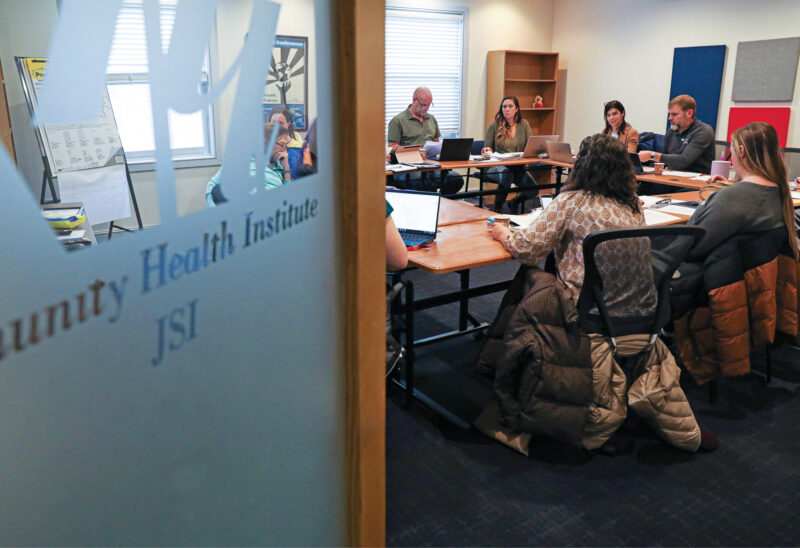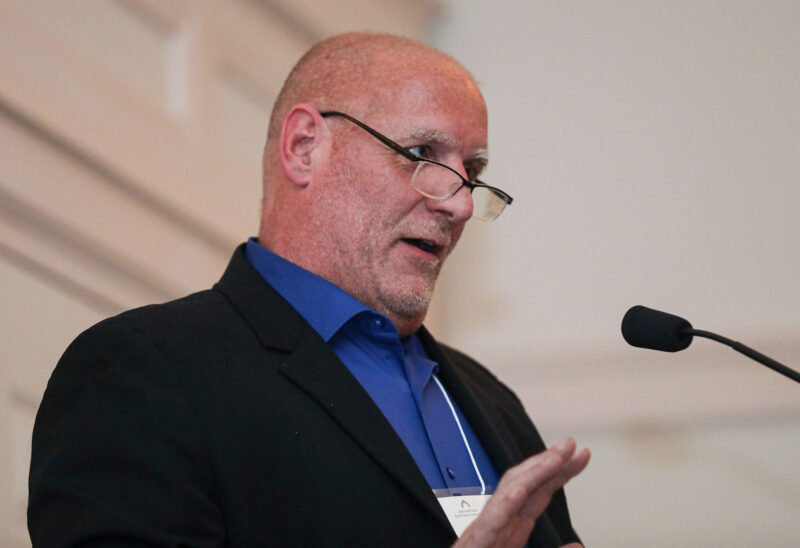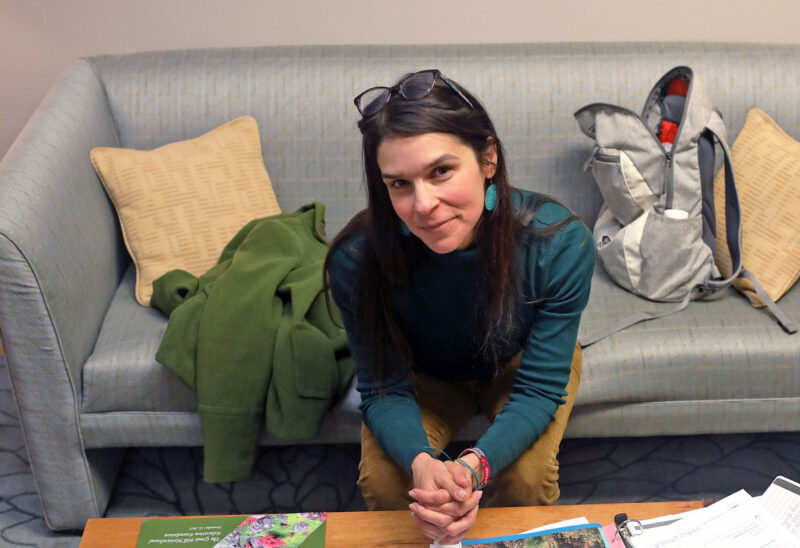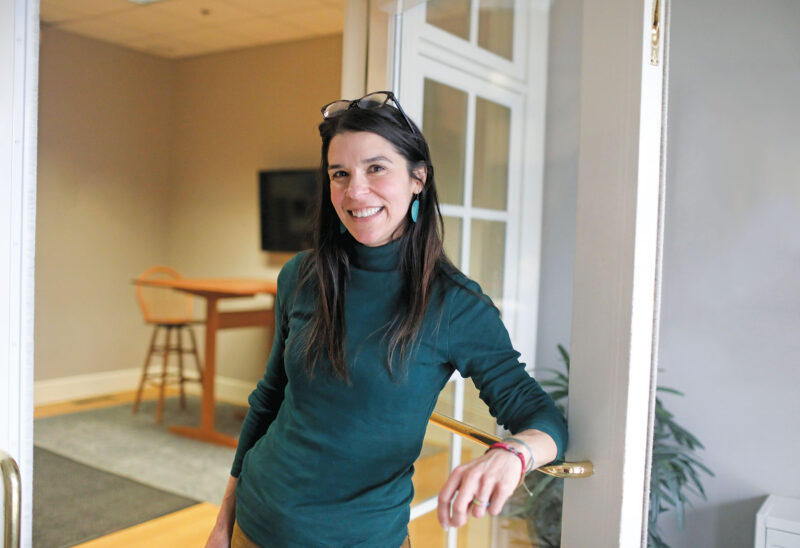More people are dying from the opioid epidemic in America today than died from AIDS at the height of that epidemic in the 1980s.
The human cost is staggering — parents lost, children lost, communities in mourning. The economic cost is monumental: substance misuse costs New Hampshire $1.8 billion annually.
This is an all-hands-on-deck moment for our communities. And we are really good at pitching in where work needs doing around here. But this problem can seem so complex, and so intractable, that it can be hard for Jane and Joe Citizen (who are not trained first responders, or recovery coaches, or doctors) to figure out how to help. Yes, we need policymakers and health care professionals and funders to take sweeping, comprehensive measures address this crisis. But there are also some things — some basic, tangible things — that the rest of us can do, even if we don’t know anyone (or don’t think we do) who is personally affected and needs support.
Here are five:
1. Encourage your community to participate in prescription drug take-back days. The opioids hanging around America’s medicine cabinets from long-ago wisdom-tooth extractions and back pain are a clear and present danger, and they need to be disposed of properly. Many communities have prescription-drug take-back programs, and many police stations will accept and dispose of them on a walk-in basis. The next National Prescription Drug Take-Back Day is scheduled for April 28. Call your local police department and encourage your community to participate — and then tell your friends and neighbors. Or contact the substance misuse prevention coordinator at your regional public health network to find the nearest participating department, including some that have permanent take-back receptacles installed. (Some pharmacies also offer their customers a product called DisposeRX, free of charge, which can be added to medicine vials to make medications safe to dispose of in the trash.)
2. Encourage your local school board to implement evidence-based prevention Innovative programs like Life of an Athlete, Youth Leadership Through Adventure and Media Power Youth are showing great promise. If your district has already implemented proven prevention strategies, thank and congratulate your school board. If not, encourage the implementation of such programs in your district.
3. Share the number for the New Hampshire Statewide Addiction Crisis Line with your social media networks. It is 1-844-711-HELP (4357). Experienced case workers answer this line, who assist callers to find the specific kind of help they need. You never know who among your networks might really need this information — for themselves or a family member. So this is one time when sharing on social media really DOES count as doing something. Again: 1-844-711-HELP (4357).
4. Get trained as a New Futures citizen advocate. New Futures is the state’s leading policy and advocacy organization for prevention, treatment and recovery issues. It has been instrumental in shaping state policy, including increasing funding for prevention, treatment and recovery and insurance coverage for substance use disorder treatment. New Futures trains citizen advocates whose voices are instrumental in the public policy arena.
5. Give. There are scores of nonprofit organizations in New Hampshire working on getting us through this crisis — providing emergency services, treatment, and recovery support to individuals and families. (Read more about some of the Charitable Foundation’s grantees here.) The current crisis has taxed resources to the extreme. Donations can do everything from buying diapers for babies whose families are in transitional housing to helping a recovery support center keep its doors open.

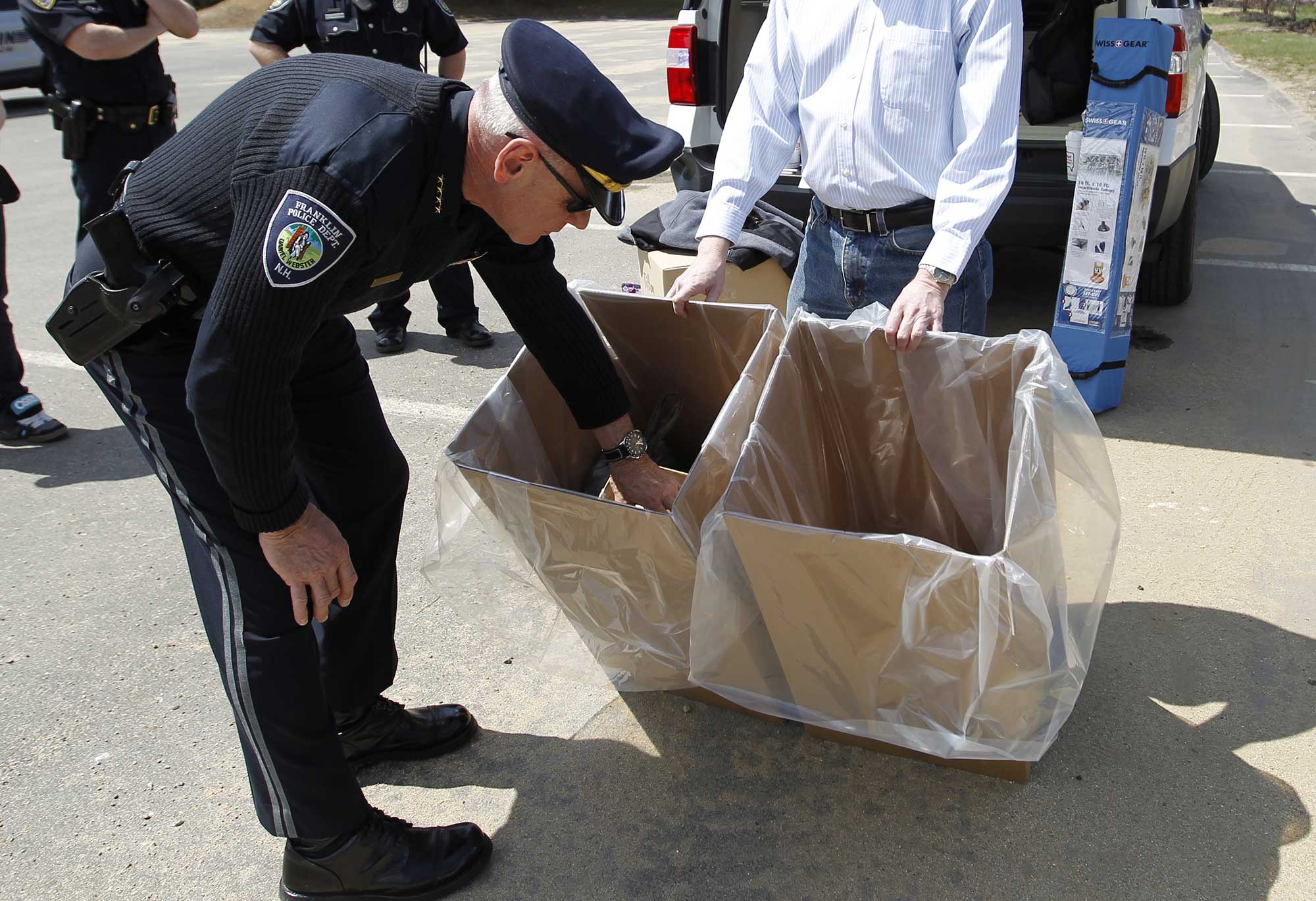






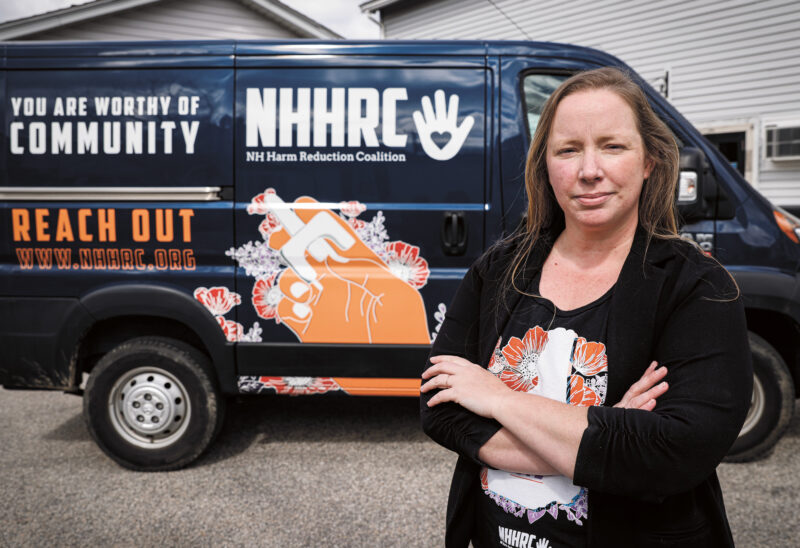
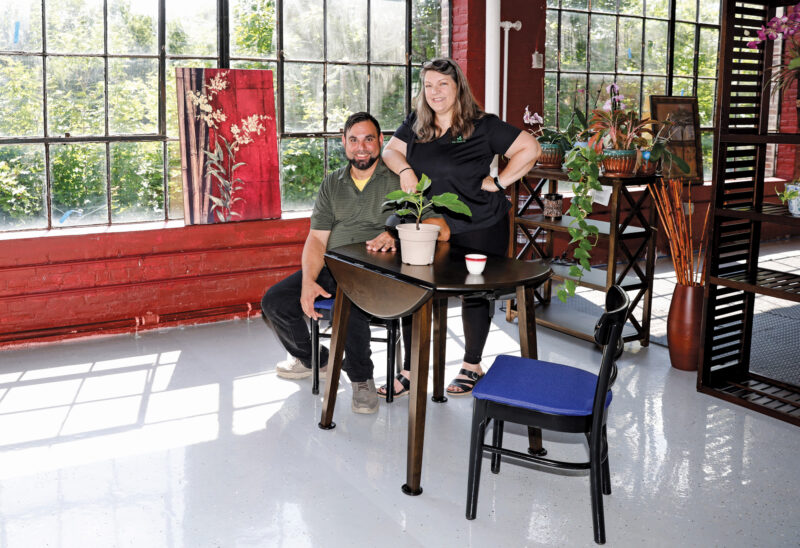
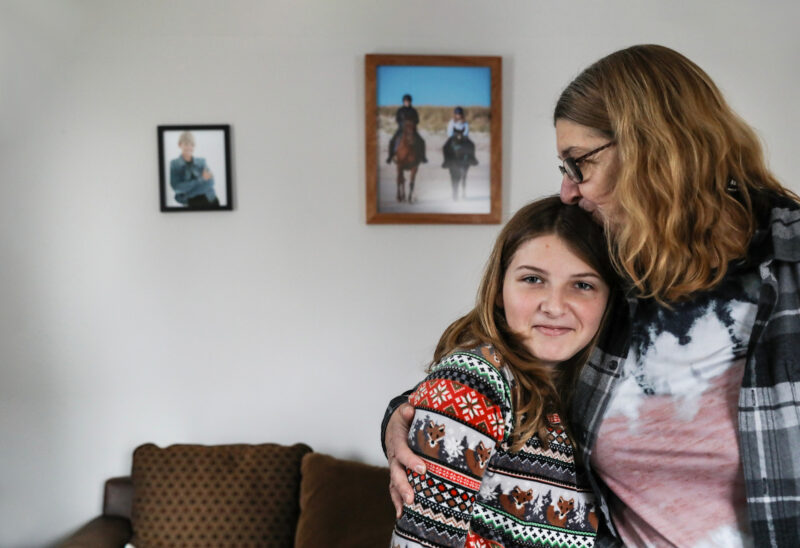

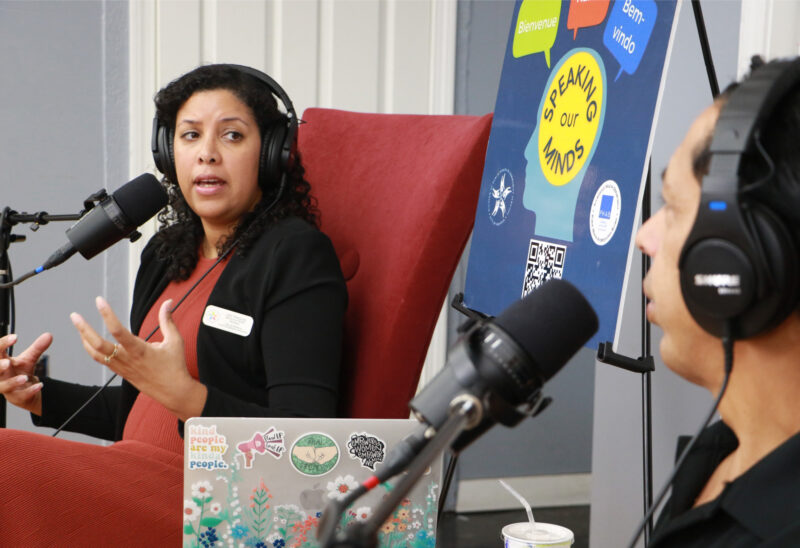
![Charitable Foundation President Dick Ober [Photo by Cheryl Senter]](https://www.nhcf.org/wp-content/uploads/2023/12/dick-ober-purpose-fall-winter-2023-800x548.jpg)
